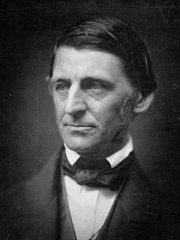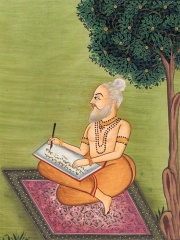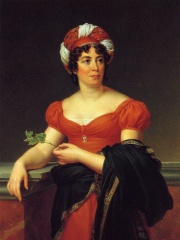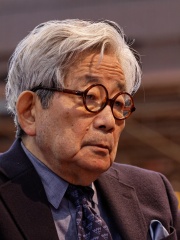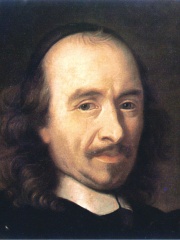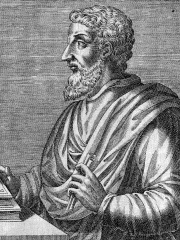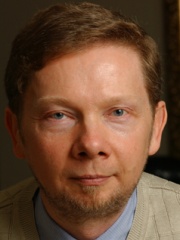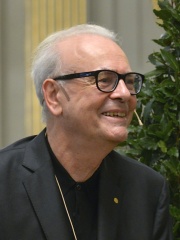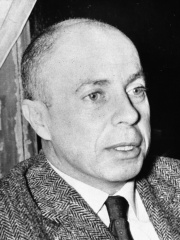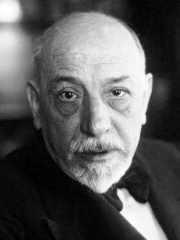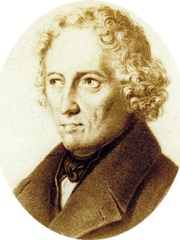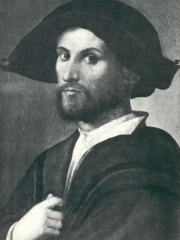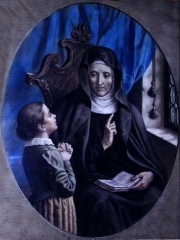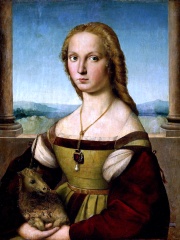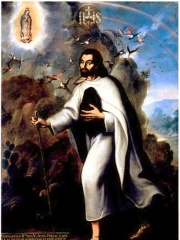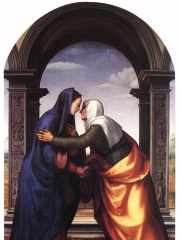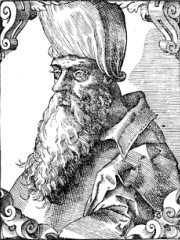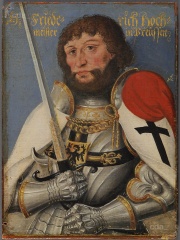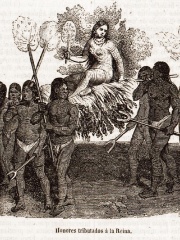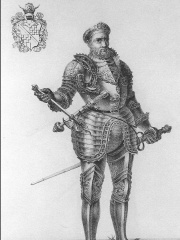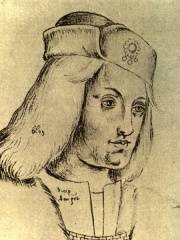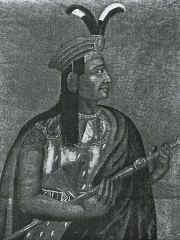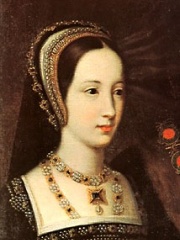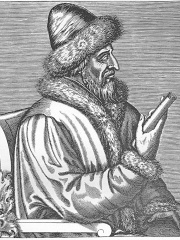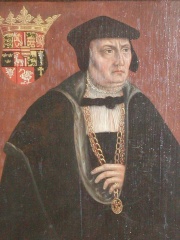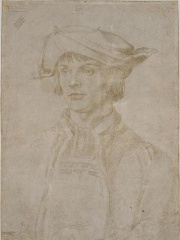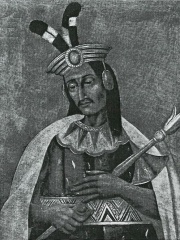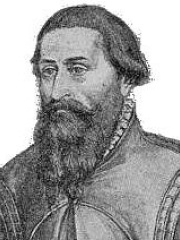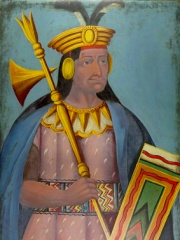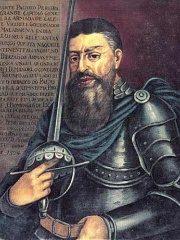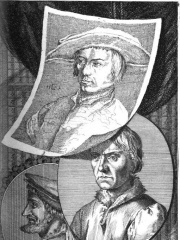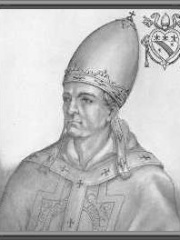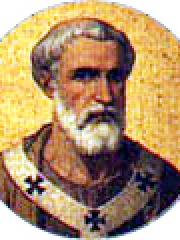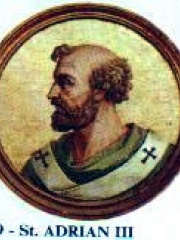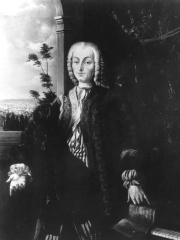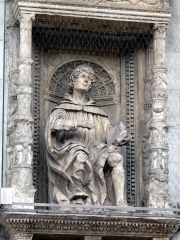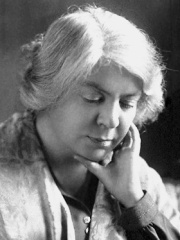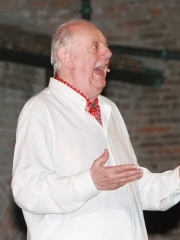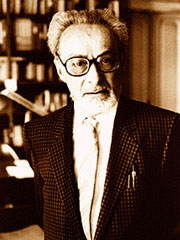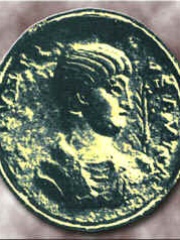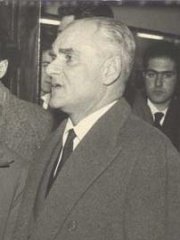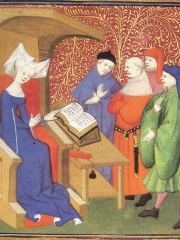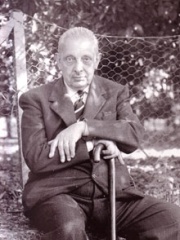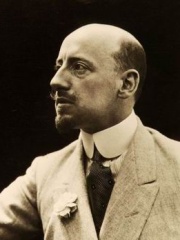WRITER
Ludovico Ariosto
1474 - 1533

 Ludovico Ariosto
Ludovico Ariosto
Ludovico Ariosto (UK: , US: ; Italian: [ludoˈviːko aˈrjɔsto, - ariˈɔsto]; 8 September 1474 – 6 July 1533) was an Italian poet. He is best known as the author of the romance epic Orlando Furioso (1516). The poem, a continuation of Matteo Maria Boiardo's Orlando Innamorato, describes the adventures of Charlemagne, Orlando, and the Franks as they battle against the Saracens with diversions into many sideplots. The poem is transformed into a satire of the chivalric tradition. Read more on Wikipedia
His biography is available in 65 different languages on Wikipedia (up from 62 in 2024). Ludovico Ariosto is the 286th most popular writer (up from 317th in 2024), the 410th most popular biography from Italy (up from 423rd in 2019) and the 23rd most popular Italian Writer.
Ludovico Ariosto is most famous for his epic poem, Orlando Furioso.
Memorability Metrics
Page views of Ludovico Ariosto by language
Among WRITERS
Among writers, Ludovico Ariosto ranks 286 out of 7,302. Before him are Ralph Waldo Emerson, Valmiki, Germaine de Staël, Isabel Allende, Kenzaburō Ōe, and Pierre Corneille. After him are Marcus Terentius Varro, Eckhart Tolle, Patrick Modiano, Claude Simon, Luigi Pirandello, and Jacob Grimm.
Most Popular Writers in Wikipedia
Go to all RankingsRalph Waldo Emerson
1803 - 1882
HPI: 76.21
Rank: 280
Valmiki
80 BC - 2 BC
HPI: 76.21
Rank: 281
Germaine de Staël
1766 - 1817
HPI: 76.21
Rank: 282
Isabel Allende
1942 - Present
HPI: 76.20
Rank: 283
Kenzaburō Ōe
1935 - 2023
HPI: 76.20
Rank: 284
Pierre Corneille
1606 - 1684
HPI: 76.18
Rank: 285
Ludovico Ariosto
1474 - 1533
HPI: 76.15
Rank: 286
Marcus Terentius Varro
116 BC - 27 BC
HPI: 76.15
Rank: 287
Eckhart Tolle
1948 - Present
HPI: 76.13
Rank: 288
Patrick Modiano
1945 - Present
HPI: 76.09
Rank: 289
Claude Simon
1913 - 2005
HPI: 76.01
Rank: 290
Luigi Pirandello
1867 - 1936
HPI: 75.95
Rank: 291
Jacob Grimm
1785 - 1863
HPI: 75.89
Rank: 292
Contemporaries
Among people born in 1474, Ludovico Ariosto ranks 1. After him are Giovanni Borgia, 2nd Duke of Gandia, Angela Merici, Isabella d'Este, Giulia Farnese, Juan Diego, Mariotto Albertinelli, Tuman bay II, Frederick of Saxony, Anacaona, Bernhard III, Margrave of Baden-Baden, and Perkin Warbeck. Among people deceased in 1533, Ludovico Ariosto ranks 2. Before him is Atahualpa. After him are Mary Tudor, Queen of France, Vasili III of Russia, Frederick I of Denmark, Lucas van Leyden, Huáscar, Veit Stoss, Túpac Huallpa, Duarte Pacheco Pereira, Cornelis Engebrechtsz., and Philip I, Margrave of Baden.
Others Born in 1474
Go to all RankingsLudovico Ariosto
WRITER
1474 - 1533
HPI: 76.15
Rank: 1
Giovanni Borgia, 2nd Duke of Gandia
NOBLEMAN
1474 - 1497
HPI: 73.39
Rank: 2
Angela Merici
RELIGIOUS FIGURE
1474 - 1540
HPI: 71.57
Rank: 3
Isabella d'Este
NOBLEMAN
1474 - 1539
HPI: 70.75
Rank: 4
Giulia Farnese
RELIGIOUS FIGURE
1474 - 1524
HPI: 70.60
Rank: 5
Juan Diego
RELIGIOUS FIGURE
1474 - 1548
HPI: 67.71
Rank: 6
Mariotto Albertinelli
PAINTER
1474 - 1515
HPI: 66.51
Rank: 7
Tuman bay II
POLITICIAN
1474 - 1517
HPI: 66.05
Rank: 8
Frederick of Saxony
NOBLEMAN
1474 - 1510
HPI: 64.38
Rank: 9
Anacaona
POLITICIAN
1474 - Present
HPI: 62.74
Rank: 10
Bernhard III, Margrave of Baden-Baden
POLITICIAN
1474 - 1536
HPI: 59.72
Rank: 11
Perkin Warbeck
EXTREMIST
1474 - 1499
HPI: 59.70
Rank: 12
Others Deceased in 1533
Go to all RankingsAtahualpa
POLITICIAN
1502 - 1533
HPI: 78.46
Rank: 1
Ludovico Ariosto
WRITER
1474 - 1533
HPI: 76.15
Rank: 2
Mary Tudor, Queen of France
COMPANION
1496 - 1533
HPI: 75.70
Rank: 3
Vasili III of Russia
POLITICIAN
1479 - 1533
HPI: 73.15
Rank: 4
Frederick I of Denmark
POLITICIAN
1471 - 1533
HPI: 73.07
Rank: 5
Lucas van Leyden
PAINTER
1494 - 1533
HPI: 70.25
Rank: 6
Huáscar
POLITICIAN
1490 - 1533
HPI: 70.20
Rank: 7
Veit Stoss
SCULPTOR
1450 - 1533
HPI: 67.49
Rank: 8
Túpac Huallpa
POLITICIAN
1510 - 1533
HPI: 67.16
Rank: 9
Duarte Pacheco Pereira
EXPLORER
1460 - 1533
HPI: 61.90
Rank: 10
Cornelis Engebrechtsz.
PAINTER
1468 - 1533
HPI: 61.50
Rank: 11
Philip I, Margrave of Baden
POLITICIAN
1479 - 1533
HPI: 60.37
Rank: 12
In Italy
Among people born in Italy, Ludovico Ariosto ranks 410 out of 5,161. Before him are Mario Draghi (1947), Pope Theodore II (840), Yves Montand (1921), Pope Celestine II (1100), Pope Nicholas IV (1227), and Enrico Dandolo (1107). After him are Marcus Terentius Varro (-116), Pope Boniface IV (550), Pope Boniface III (540), Pope Leo VII (900), Pope Adrian III (800), and Bartolomeo Cristofori (1655).
Others born in Italy
Go to all RankingsMario Draghi
ECONOMIST
1947 - Present
HPI: 76.21
Rank: 404
Pope Theodore II
RELIGIOUS FIGURE
840 - 897
HPI: 76.21
Rank: 405
Yves Montand
ACTOR
1921 - 1991
HPI: 76.18
Rank: 406
Pope Celestine II
RELIGIOUS FIGURE
1100 - 1144
HPI: 76.17
Rank: 407
Pope Nicholas IV
RELIGIOUS FIGURE
1227 - 1292
HPI: 76.17
Rank: 408
Enrico Dandolo
POLITICIAN
1107 - 1205
HPI: 76.16
Rank: 409
Ludovico Ariosto
WRITER
1474 - 1533
HPI: 76.15
Rank: 410
Marcus Terentius Varro
WRITER
116 BC - 27 BC
HPI: 76.15
Rank: 411
Pope Boniface IV
RELIGIOUS FIGURE
550 - 615
HPI: 76.15
Rank: 412
Pope Boniface III
RELIGIOUS FIGURE
540 - 607
HPI: 76.07
Rank: 413
Pope Leo VII
RELIGIOUS FIGURE
900 - 939
HPI: 76.07
Rank: 414
Pope Adrian III
RELIGIOUS FIGURE
800 - 885
HPI: 76.07
Rank: 415
Bartolomeo Cristofori
INVENTOR
1655 - 1731
HPI: 76.05
Rank: 416
Among WRITERS In Italy
Among writers born in Italy, Ludovico Ariosto ranks 23. Before him are Pliny the Younger (61), Juvenal (50), Grazia Deledda (1871), Dario Fo (1926), Primo Levi (1919), and Sallust (-86). After him are Marcus Terentius Varro (-116), Luigi Pirandello (1867), Alberto Moravia (1907), Christine de Pizan (1365), Giuseppe Tomasi di Lampedusa (1896), and Gabriele D'Annunzio (1863).
Pliny the Younger
61 - 113
HPI: 77.45
Rank: 17
Juvenal
50 - 200
HPI: 77.14
Rank: 18
Grazia Deledda
1871 - 1936
HPI: 76.77
Rank: 19
Dario Fo
1926 - 2016
HPI: 76.74
Rank: 20
Primo Levi
1919 - 1987
HPI: 76.62
Rank: 21
Sallust
86 BC - 34 BC
HPI: 76.43
Rank: 22
Ludovico Ariosto
1474 - 1533
HPI: 76.15
Rank: 23
Marcus Terentius Varro
116 BC - 27 BC
HPI: 76.15
Rank: 24
Luigi Pirandello
1867 - 1936
HPI: 75.95
Rank: 25
Alberto Moravia
1907 - 1990
HPI: 75.73
Rank: 26
Christine de Pizan
1365 - 1430
HPI: 75.10
Rank: 27
Giuseppe Tomasi di Lampedusa
1896 - 1957
HPI: 74.75
Rank: 28
Gabriele D'Annunzio
1863 - 1938
HPI: 74.51
Rank: 29
